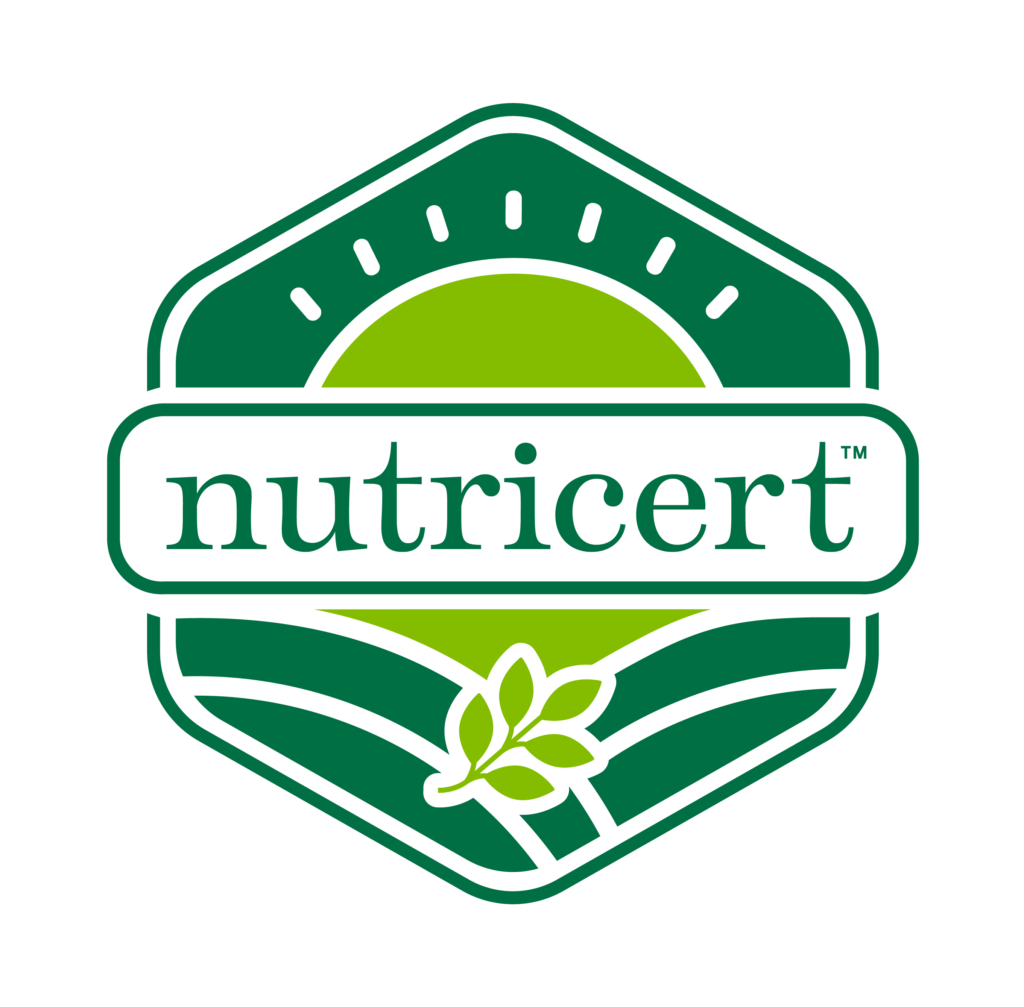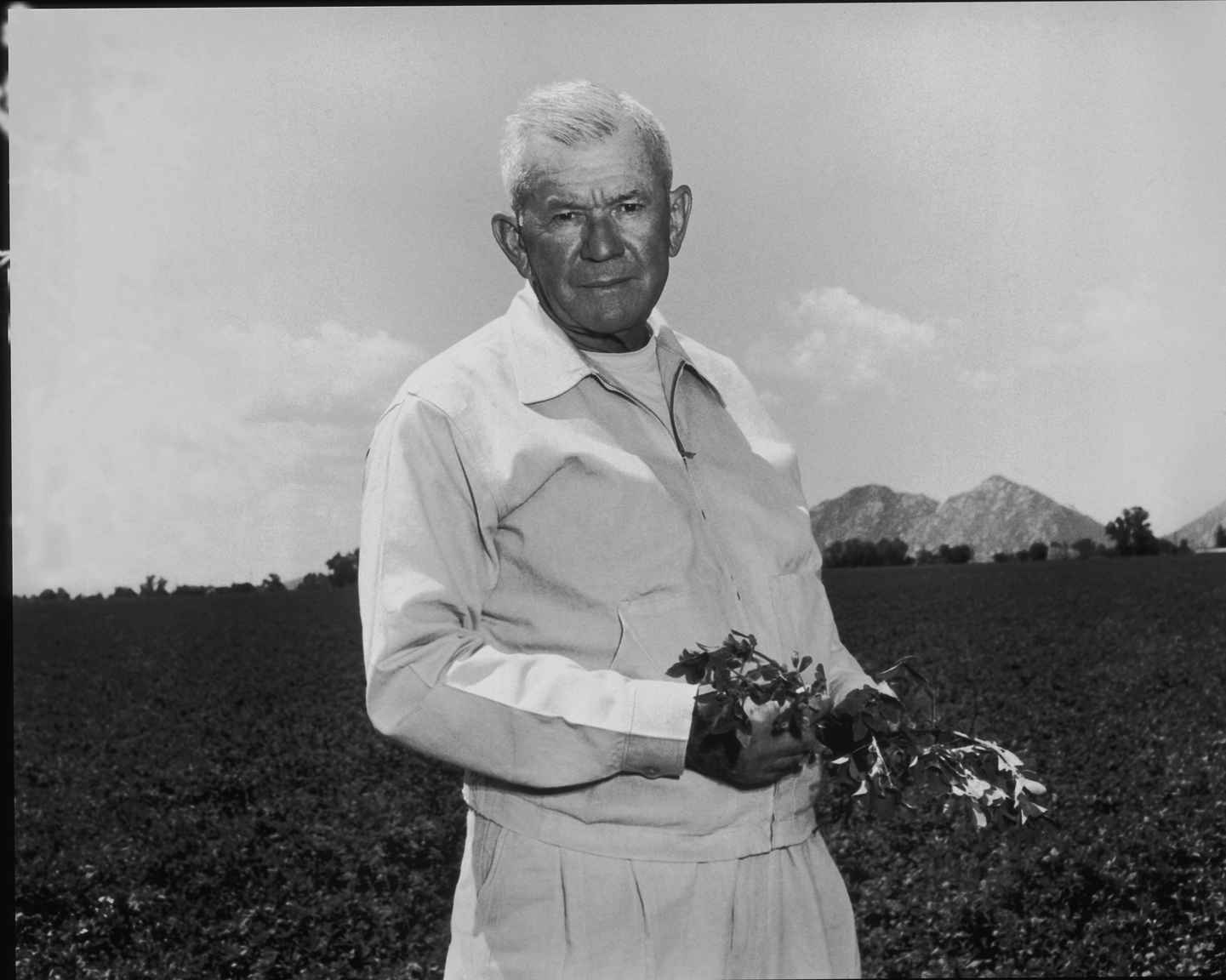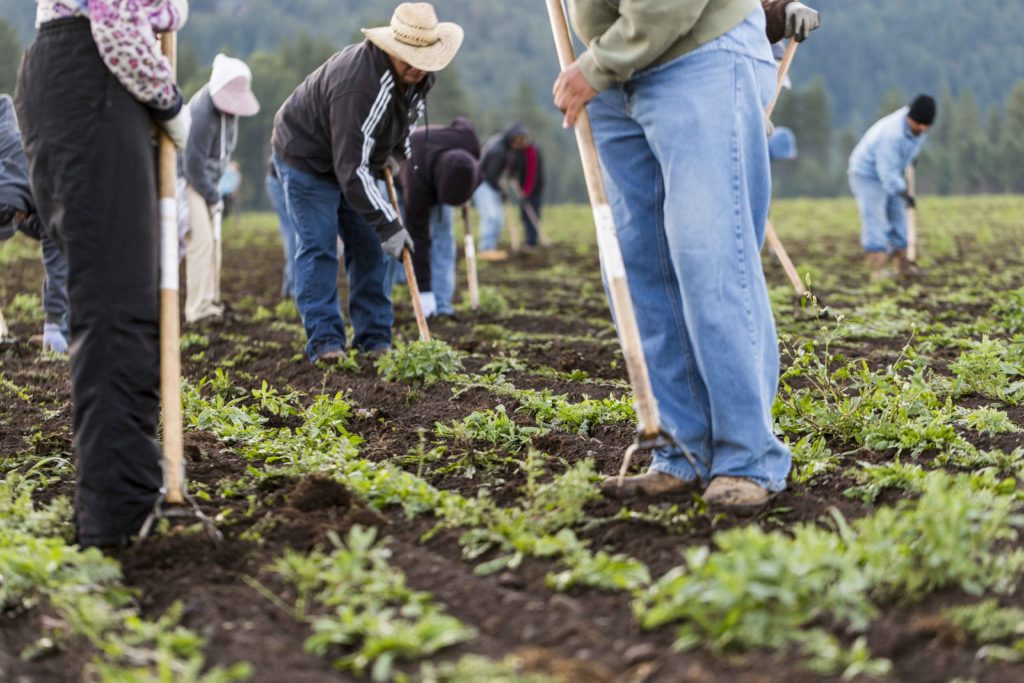A key reason why consumers trust the Nutrilite™ brand is because of the continual innovation occurring on our certified organic farms. Our farms represent an advanced ecosystem that combines thousands of acres of fertile farmland with sustainable organic farming practices.
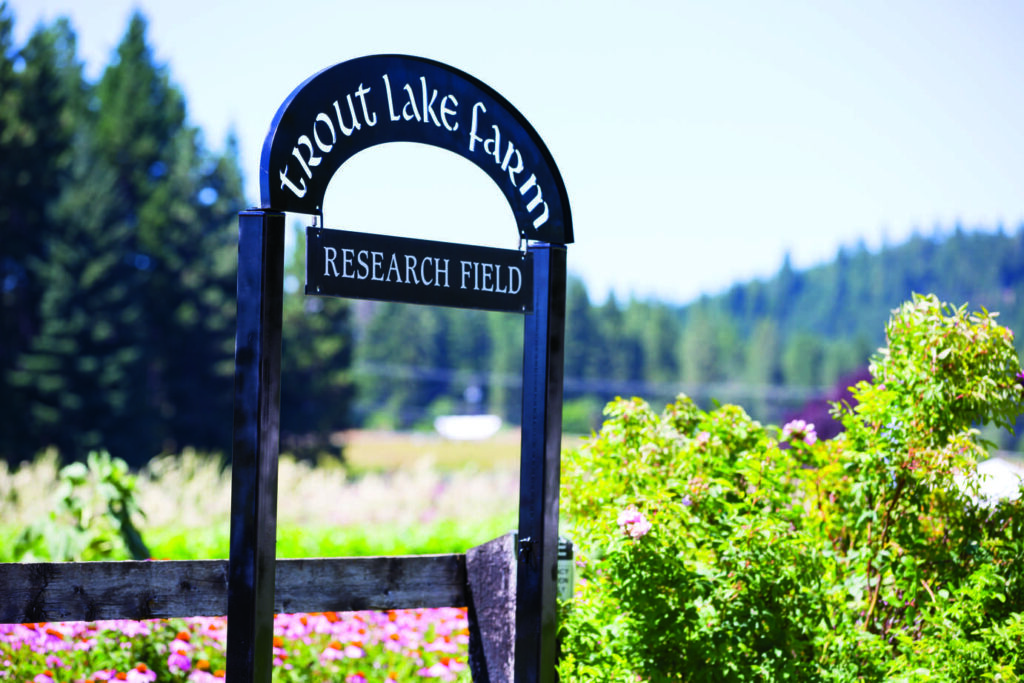
Our commitment to vertical integration allows us to control the entire production process from the seed planted in the soil to the supplement you eat every day. In practical terms, this means we can maintain a steady supply of the nutritious botanicals used to make ingredients for your favorite Amway products, including Nutrilite™ supplements and Artistry beauty products.
Early Inspiration
The inspiration for our farming practices began quite humbly when my father, Nutrilite founder Carl Rehnborg, started growing alfalfa on a small farm in California’s San Fernando Valley in the 1940s. He simply wanted the purest, most nutritious botanicals for his supplements, and he intuitively knew that they needed to be grown sustainably and naturally, without chemical pesticides or fertilizers. This was before we even knew to call it organic farming.
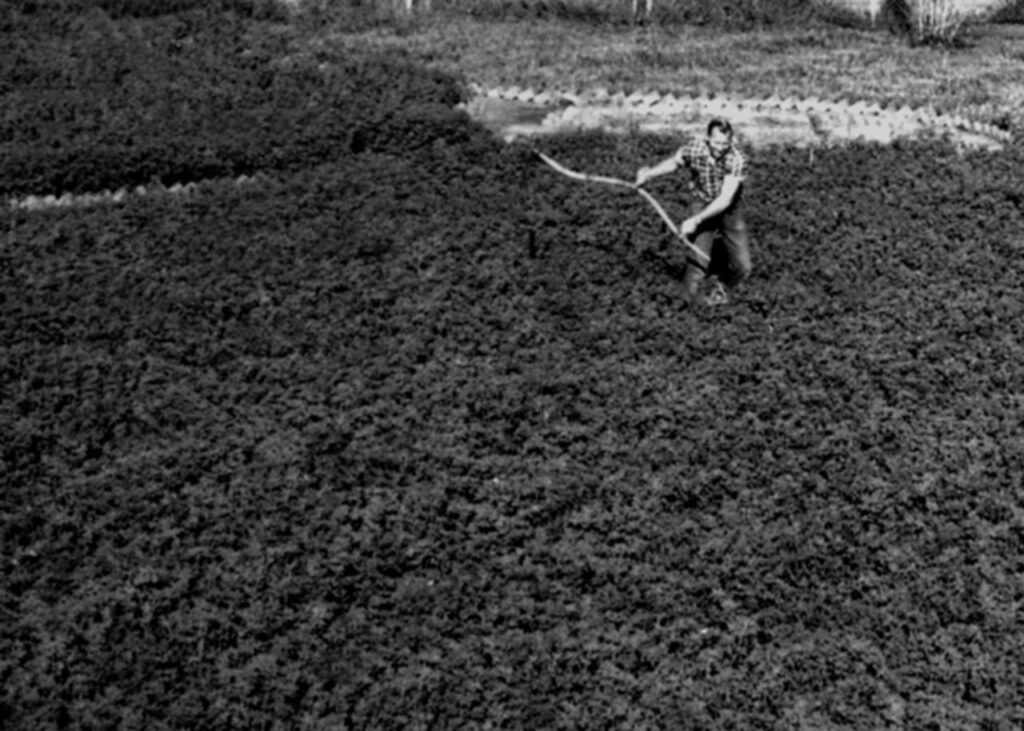
I remember helping him harvest alfalfa when I was a young boy. He included me in his daily work on the farm, even when I might have been creating more trouble for him than being helpful. As I reflect on those early days, I can see that his thinking at the time created the foundation our farming practices are built on.
Practicing Our Sustainable Organic Philosophy
Our farms represent the pinnacle of our sustainable organic philosophy put into practice, and we do it on an impressive scale. Even so, the farms are not large enough, or diverse enough, to provide the steady supply of botanical ingredients that go into all our products.
Our flagship supplement alone, Nutrilite™ Double X™, contains as many as 22 different plant nutrients. And if you count all the different plant ingredients in the full complement of Nutrilite products, the number exceeds 190 botanicals.
That’s why we can’t source every plant ingredient found in our products from our own farms. Not to mention that many of our ingredients come from unique geographic locales around the world.
Our NutriCert™ Program
So how do we do it? It all happens because of our NutriCert™ program, an incredible supply-chain system that has been in place since 2004. We just wouldn’t be able to provide the breadth of plant-based products for you without it.
Through NutriCert™ we partner with farmers around the world who have values like ours. In this way we can grow plants with newly discovered phytonutrients that wouldn’t flourish on our own farms. NutriCert™ certification requires partner farms to be traceable, ecologically sustainable, and socially responsible.
On our own farms and partner farms, we can monitor every step from seed to finished product. We can even trace a plant back to the farm and field where it was planted and grown.
Here are some examples of our NutriCert™ program practices:
- Maintenance of a natural and balanced farm site environment
- Ecologically vital operations that enhance biodiversity
- Good agricultural practices that promote food safety
- Worker safety and development
- Community outreach and involvement
- Documentation of farm management plans and production activities
- Traceability of final ingredient to the agricultural field location
The great thing is that the partnerships we’ve created benefit everyone involved. Farmers benefit financially by learning to grow crops using the high NutriCert™ program standards. This, in turn, helps invigorate the local communities. We benefit by expanding our supply chain in a controlled way without compromising quality. Finally, consumers benefit as we can meet the ever-increasing demand for Nutrilite™ products.
It creates a natural success cycle that continues to improve the products we produce and the world we live in. What could be better than that?
Cheers!


